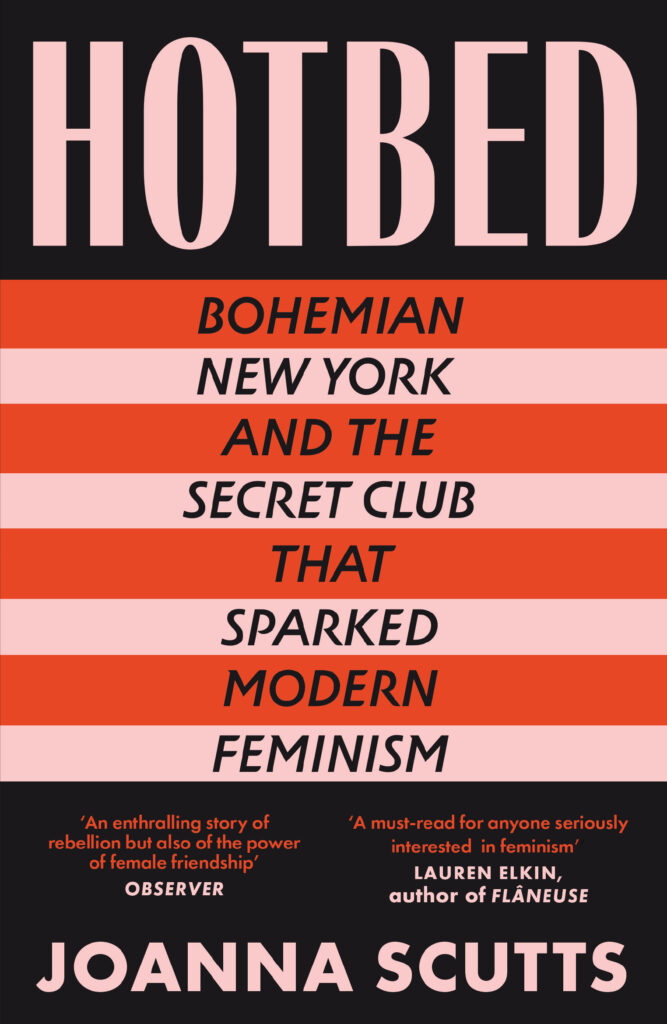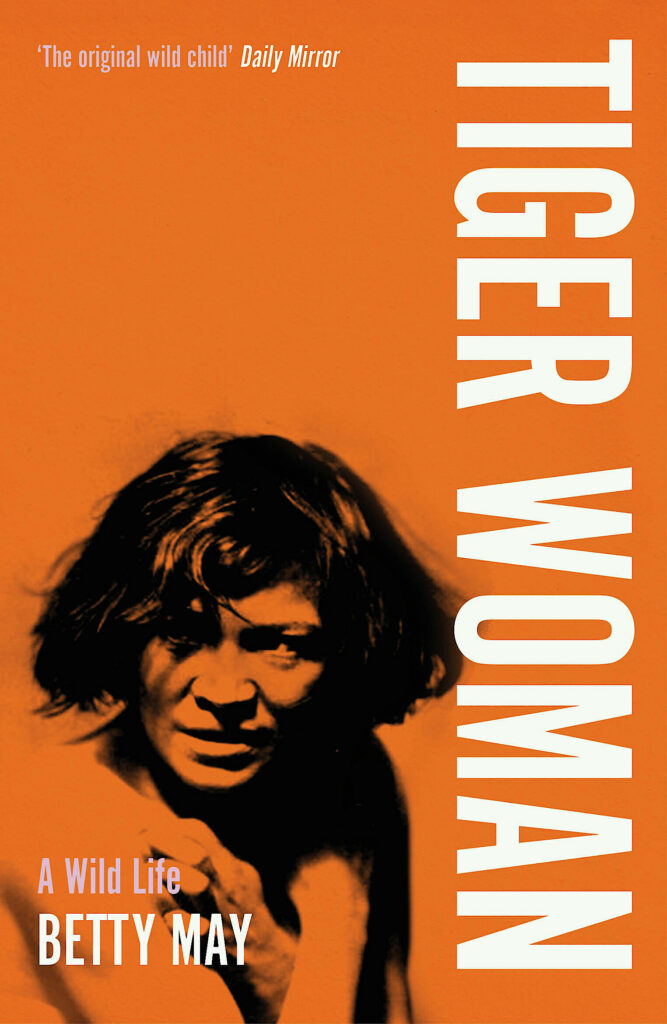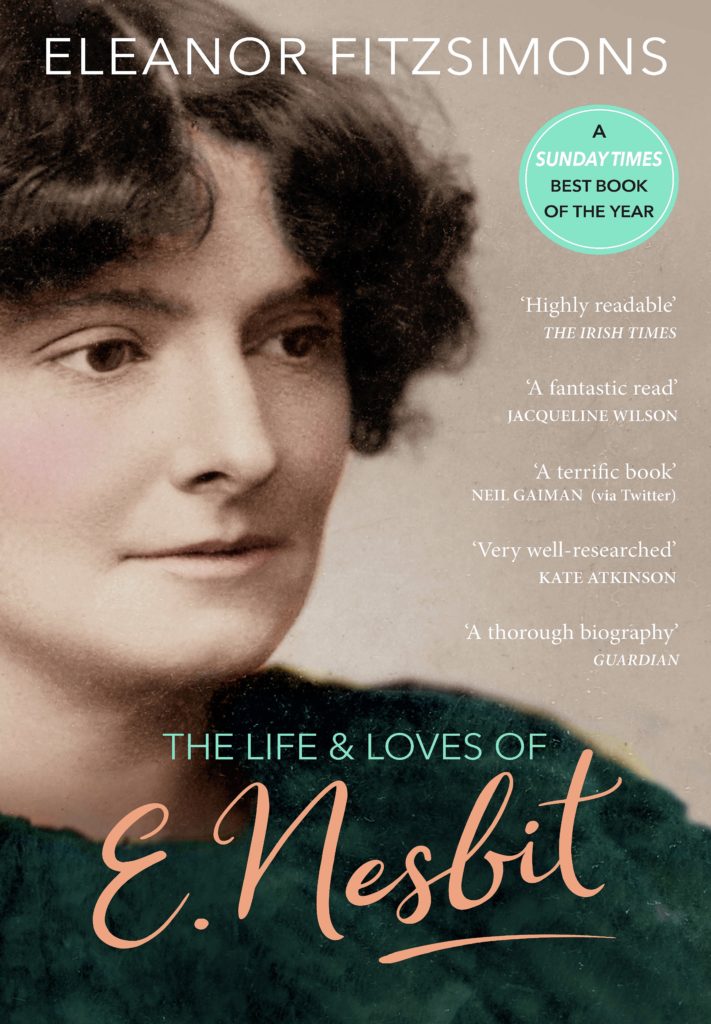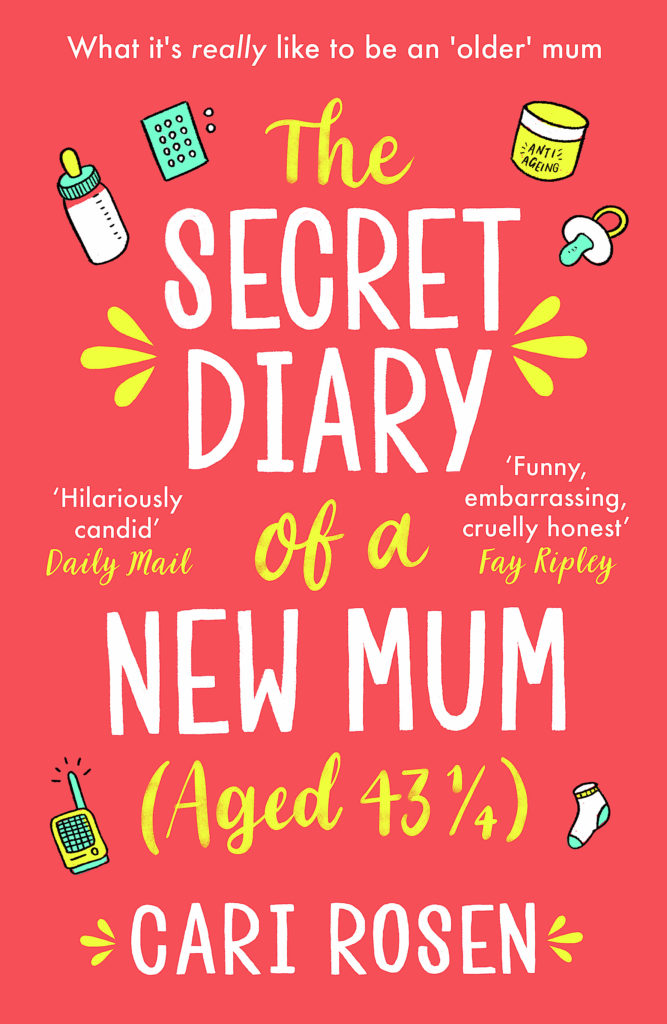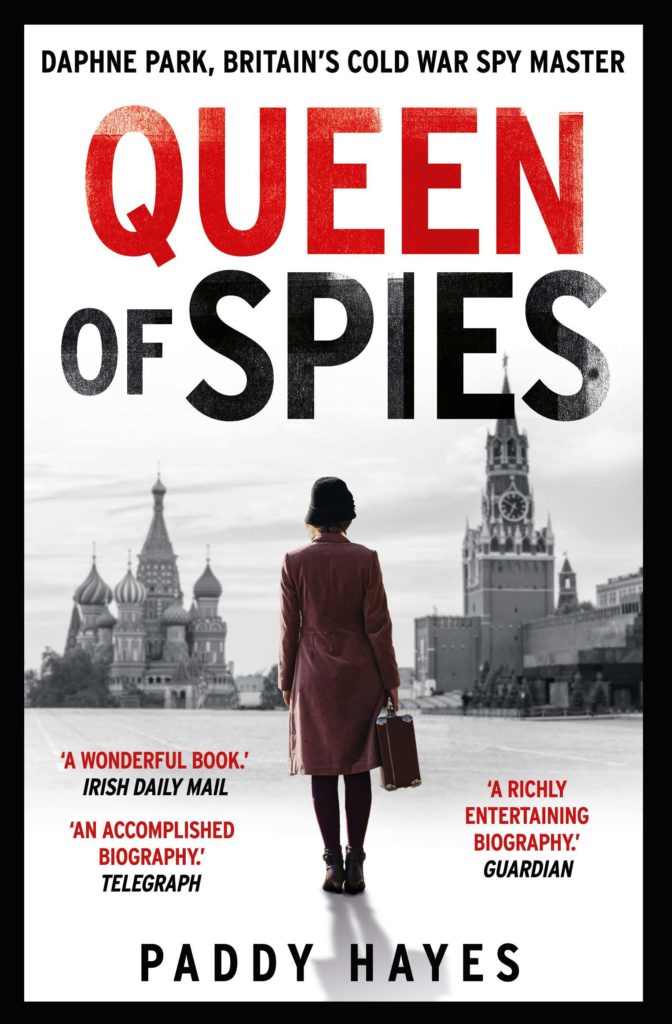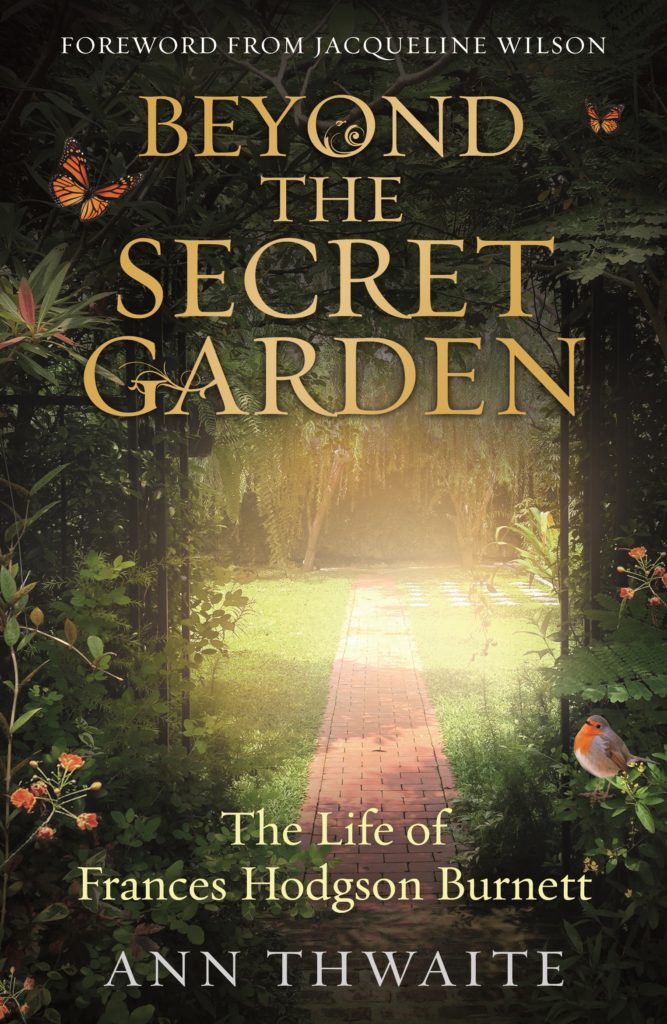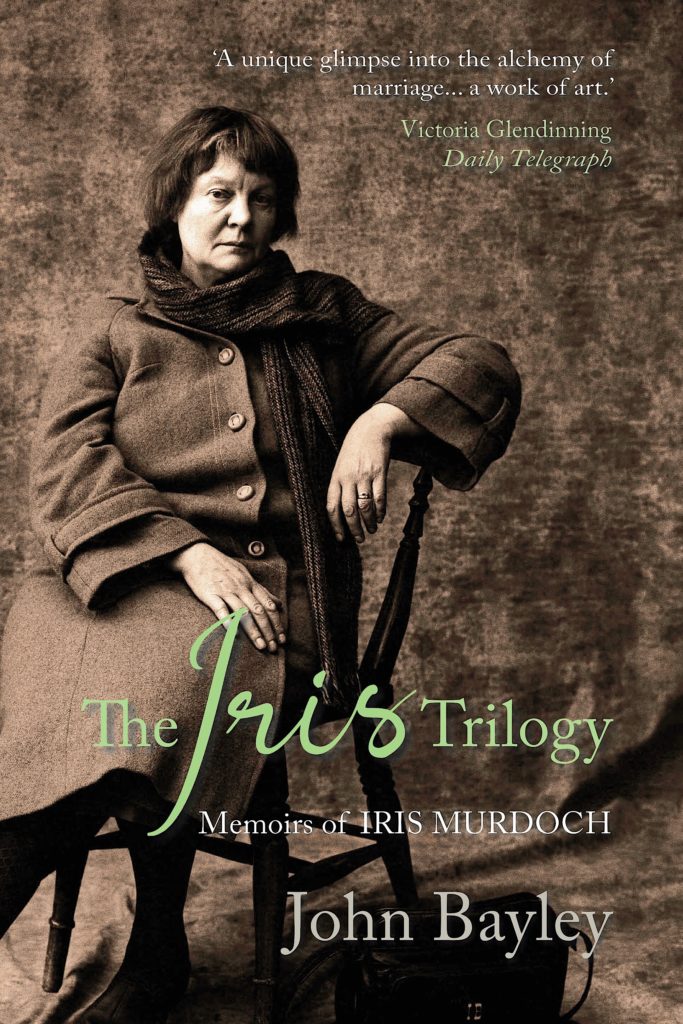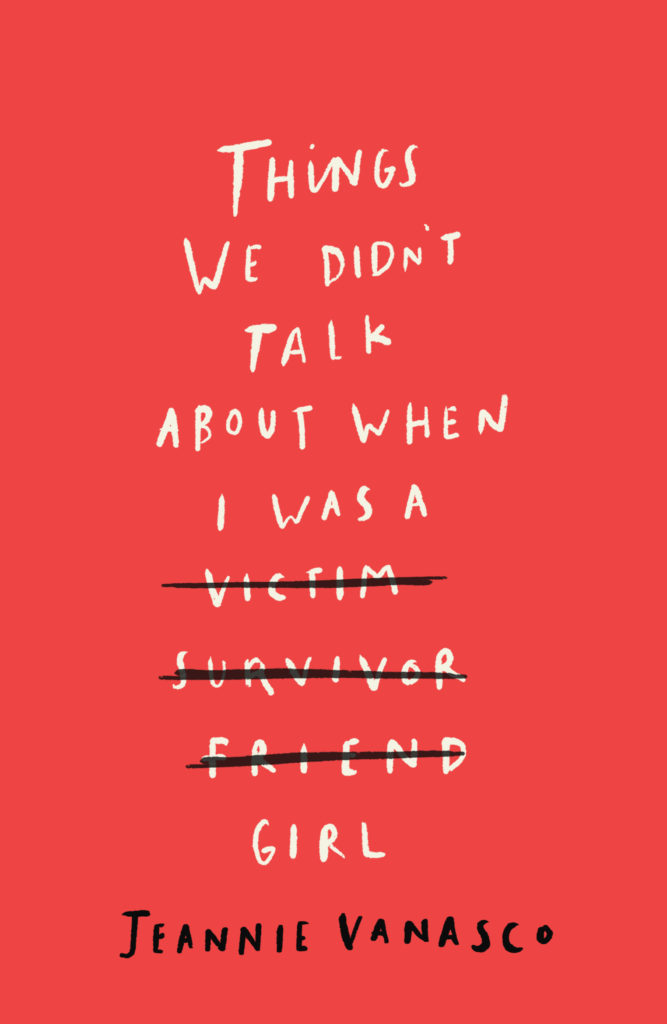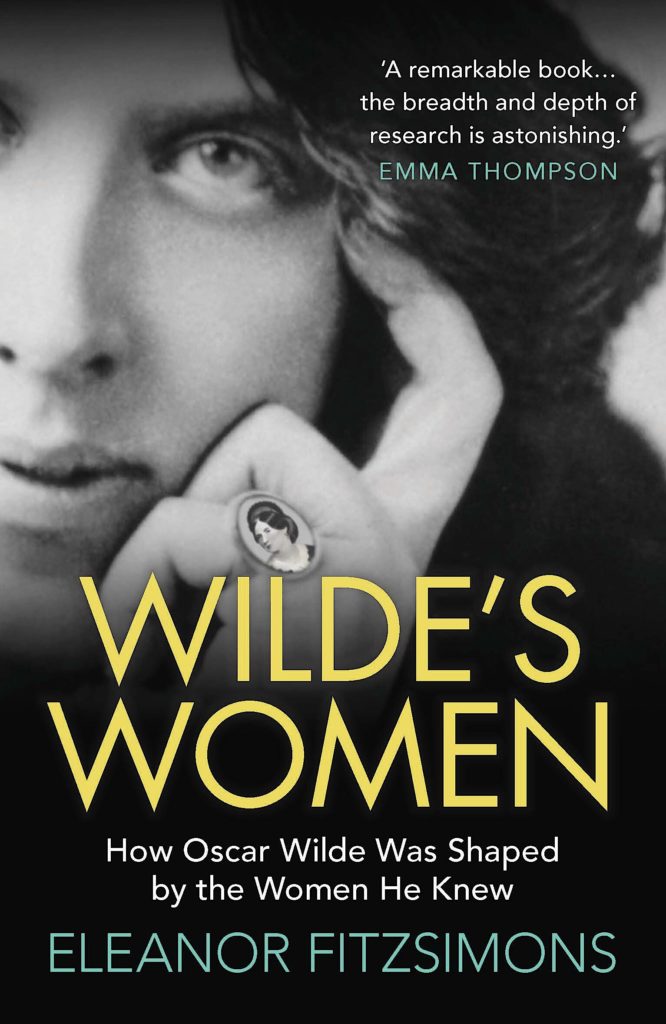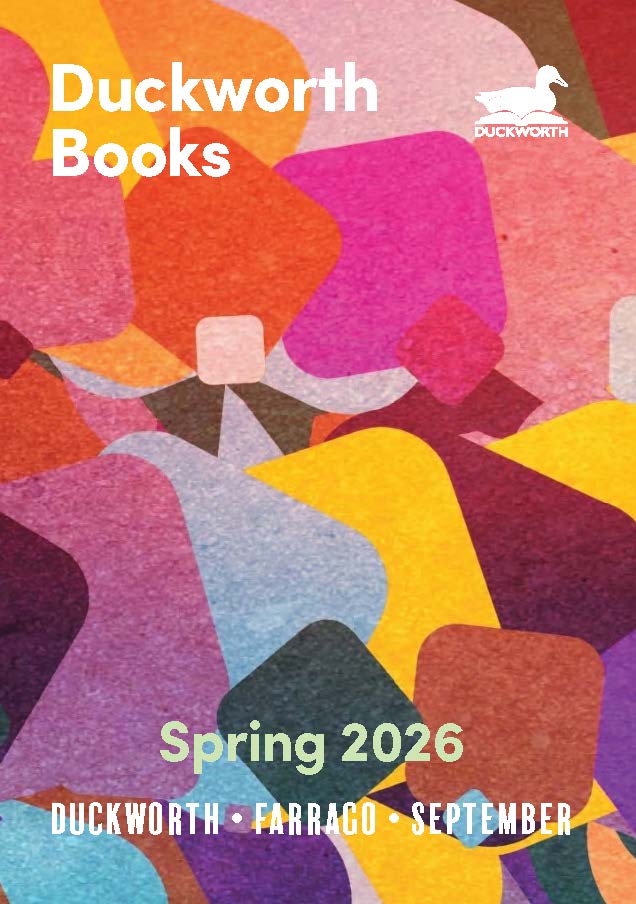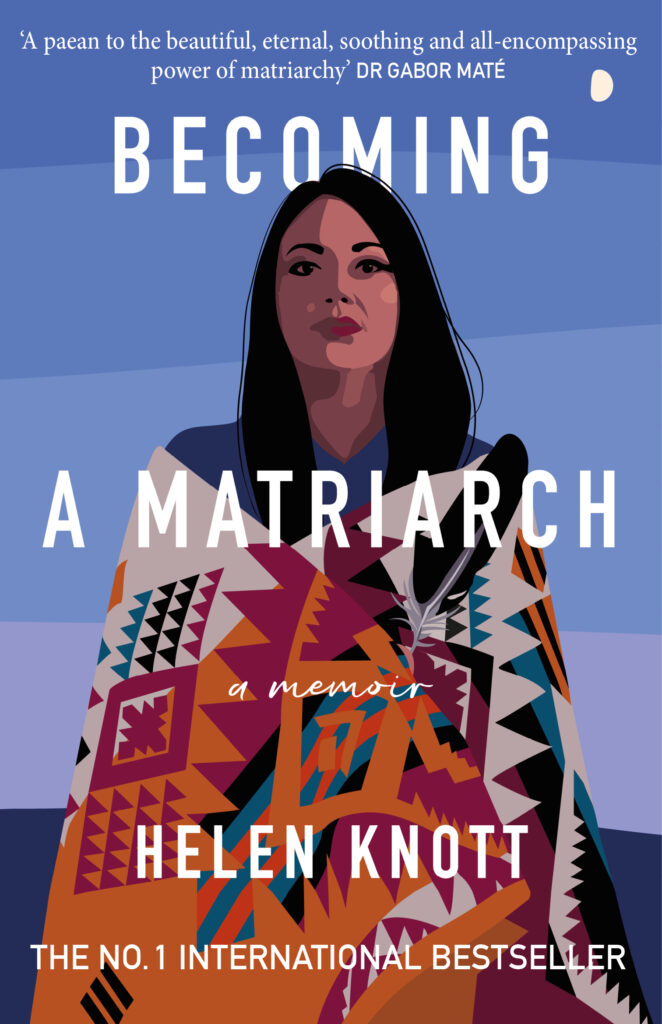
#1 NATIONAL BESTSELLER IN CANADA
A GLOBE AND MAIL BEST BOOK OF THE YEAR
A CBC BEST NONFICTION BOOK OF THE YEAR
CO-WINNER OF THE 2024 GEORGE RYGA AWARD FOR SOCIAL AWARENESS IN LITERATURE
WINNER OF THE 2024 JIM DEVA PRIZE FOR WRITING THAT PROVOKES
FINALIST FOR THE 2024 GOVERNOR GENERAL’S LITERARY AWARD FOR NONFICTION
All her life, Helen Knott has been surrounded by strong women. She has looked to the women in her family and the larger Indigenous community for guidance, absorbed their stories and admired their independence. But Helen’s path hasn’t been easy and when her mother and grandmother died within six months of each other, she drew upon lessons from her ancestors and the land to discover her inner power and refashion her future.
Exploring their struggles and her own with young motherhood, daughterhood, grief and sobriety, Knott offers an inspiring meditation on how we repair ourselves in the face of tragedy, trauma and injustice; on what it is to be a woman – and become a matriarch.
